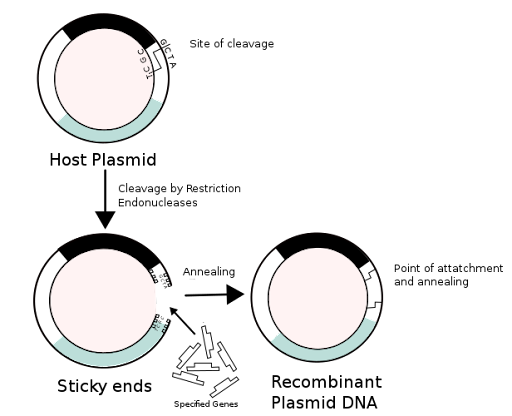Why Eating Vegetables Should Bother You More than Eating GMOs'
Are GMOs safe? Well, there is something else we all eat that should bother us more than GMOs.
Genetic modification, in the context it is being used today, refers to editing the organism’s genome by inserting foreign DNA molecules. In most cases, crop genetic modification is done for two purposes;
· Make the plant pest resistant
· Make the plant pesticide-resistant.
The foreign
genes used in many GMOs are harvested from soil-borne bacteria such as Bacillus thuringiensis which has natural
toxicity against pests. The Bt in Bt Maize and Bt cotton stands for Bacillus thuringiensis and it means that
that type of plant has been modified to include specific parts of Bacillus thuringiensis DNA to enhance inbuilt
pesticide production-and in this case, the plant produces proteins namely Cry Proteins which acts as natural pesticides.
Of importance is that Bacillus
thuringiensis is naturally found in the soil.
For herbicide-resistant
GMOs- herbicides are selective and geneticist exploits the same mechanism as
for pest-resistant GMOs.
Genetic
modification to increase food quality has also been successfully done-as it was
the case with Golden Rice
which was modified to biosynthesize beta-carotene, a precursor of vitamin A.
Also, Tomato GMOs were the first GMO plants to ever be produced, with the aim
of increasing shelf-life. This GMO tomato was called Flavr Savr but it is no
longer produced because it was low yielding.
To that end,
there is something else that should bother you more than GMOs, and that is
the artificial application of pesticides on vegetables.
Many pesticides
being used in Kenya today are not approved to be sold in any other market, and
in context-they are banned in the countries they are being manufactured. There
have been calls to the government
to withdraw some of these pesticides from Kenyan farms and there is even
a motion being Championed by Uasin Gishu women rep Gladys Boss Shollei which has
received little to no media attention because media has been reaping big in
advertising these pesticides. Some media have even been publishing hyperbolic
headlines about how Kenya
will lose up to 150 billion annually if the ban on Pesticides is put into
effect.
Many vegetables
and fruits we are eating today are laced with pesticide residues. Studies have
been conducted to show that vegetables such as tomatoes and carrots in the Kenyan
Market have high levels of pesticide residues – which are worse toxins that
should bother everyone. One recent
study used tomato samples of Rambo variety mainly grown in open fields and
greenhouses in the Irrigation Scheme were purposively sampled from thirty-five
sampling sites in open fields, greenhouses, markets, and consumers where the samples
were taken to Kenya Plant Health Inspectorate Services (KEPHIS) laboratory in
Nairobi for analysis detected high levels of pesticide residues from the
production level to consumption level.
So, eating
fruits and vegetables may seem healthy, but in essence-it may be more dangerous
than we all anticipate. There are no alternatives-and we have to eat these
things. But, if possible, don’t select the greenest and most good-looking vegetables or the most appealing tomato you can find. If it is possible, buy from a farmer you
know-and because this may not be practical either, wash your vegetables and
fruits with running water. The good thing is, most of the pesticides are
contact based-which means they remain on the outer part of the crop. They can
be easily washed away. To effectively do this, use clean running water.




Powerful
ReplyDelete🤣
ReplyDelete